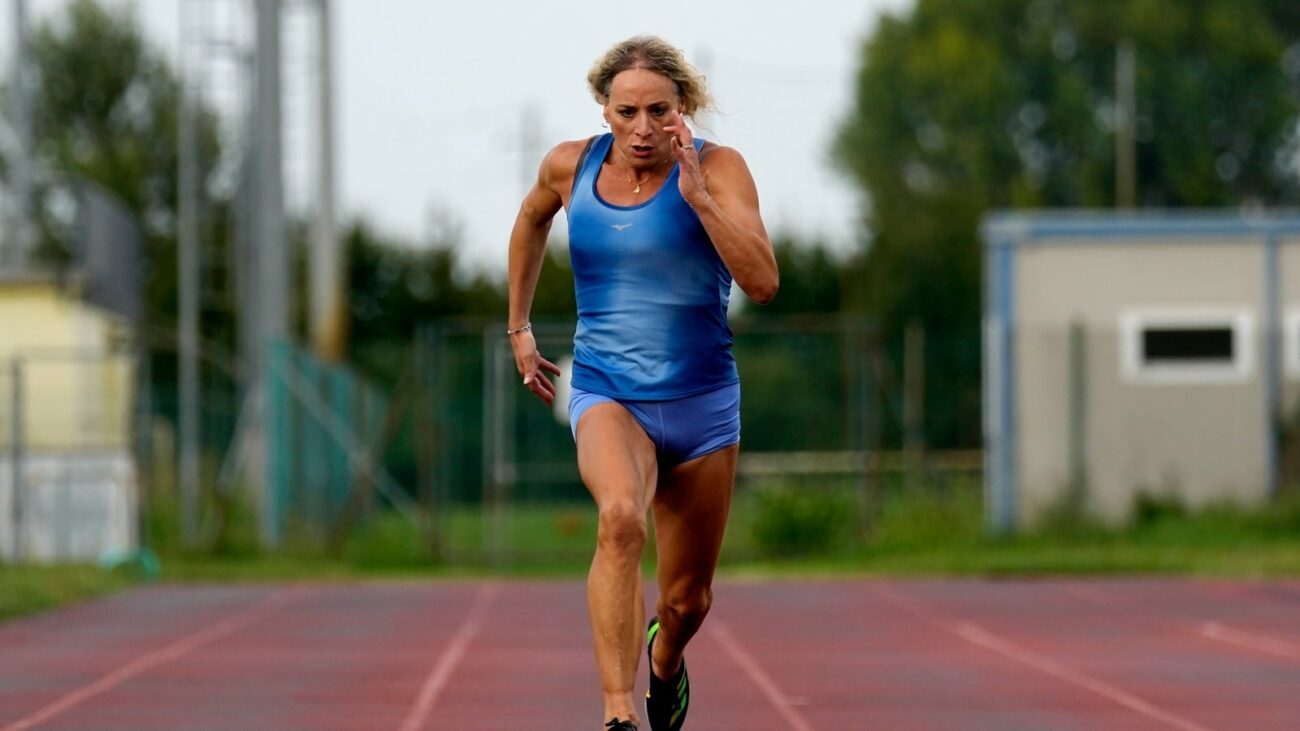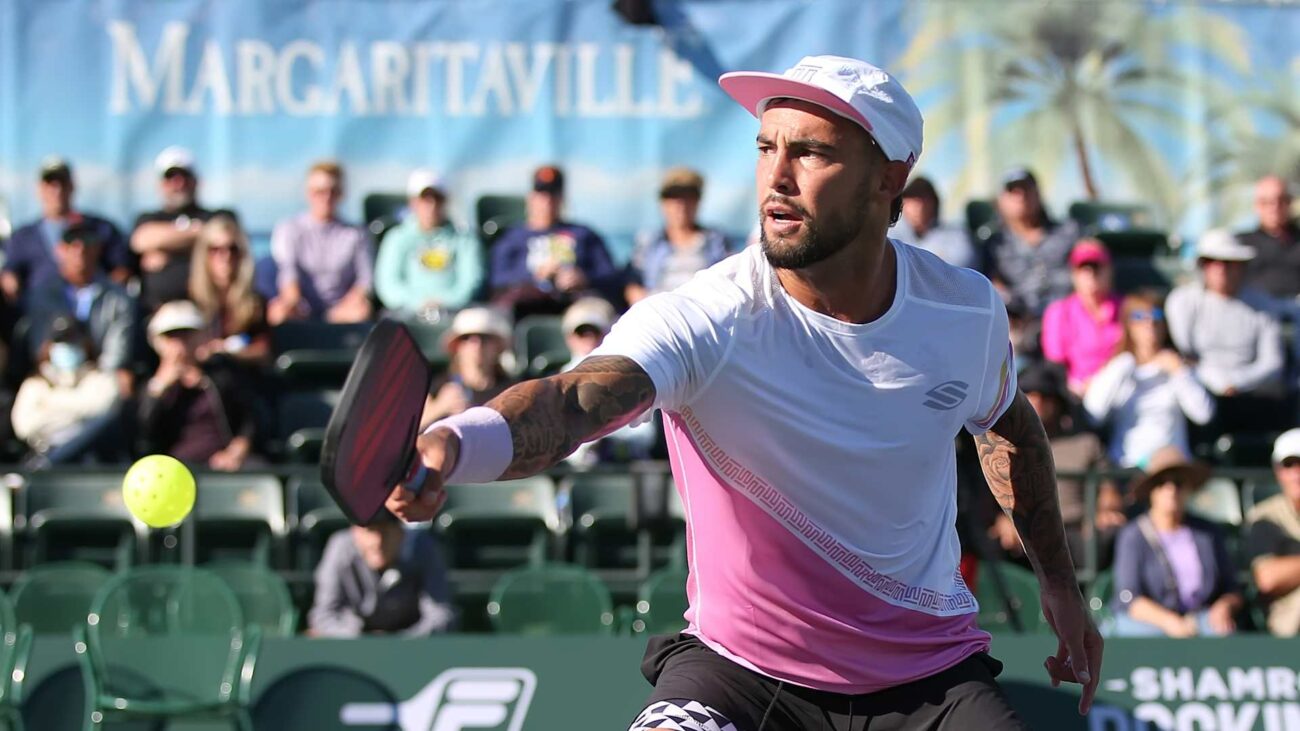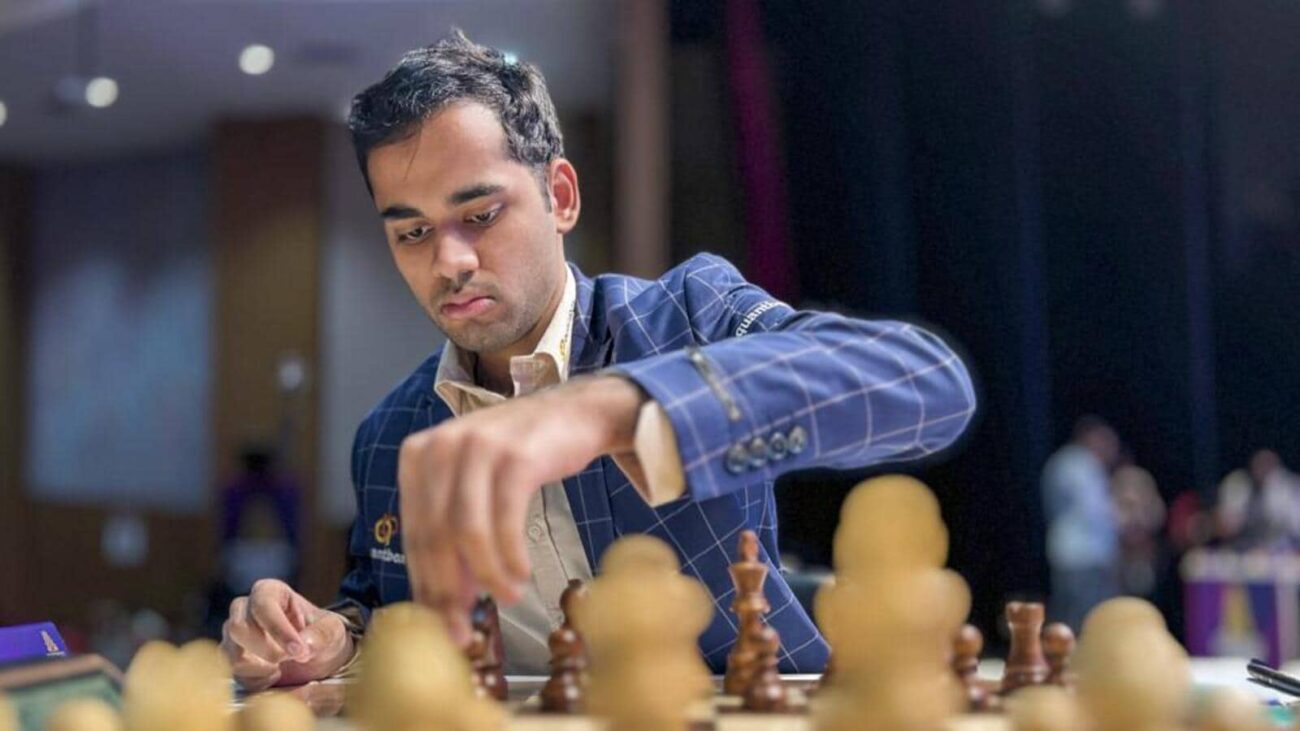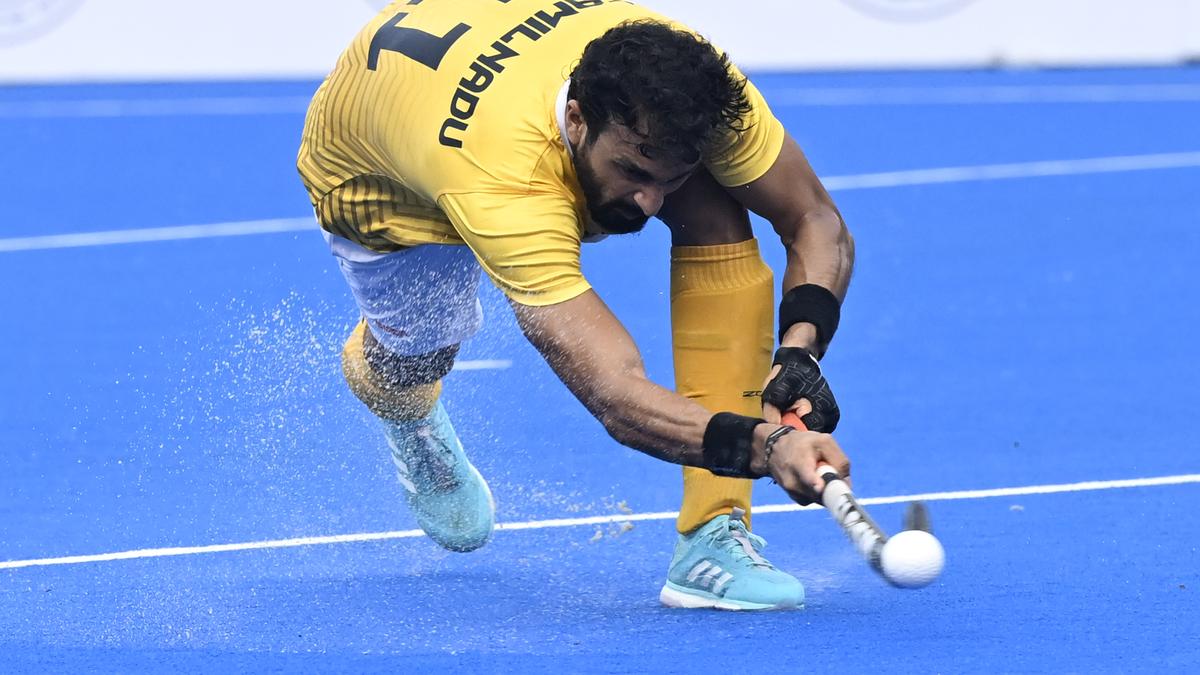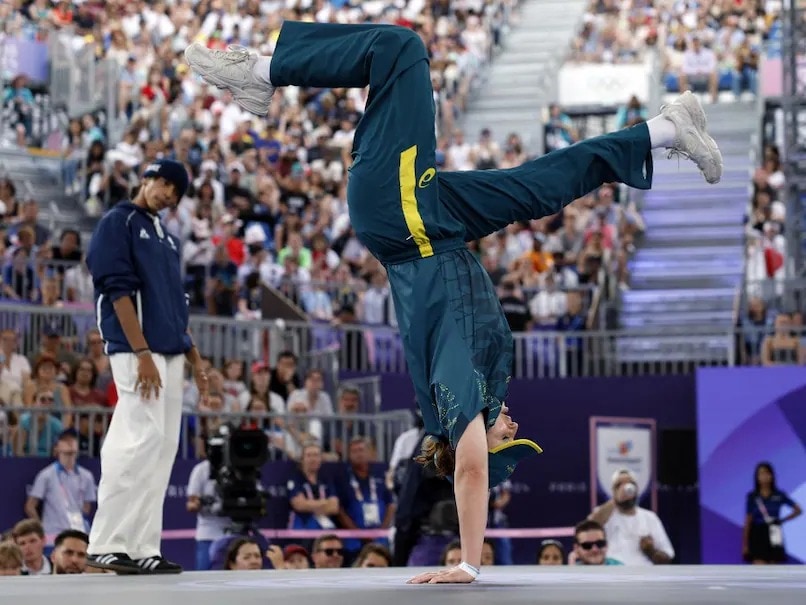Valentina Petrillo, a 50-year-old Italian athlete, is set to make history as the first transgender woman to compete at the Paralympics. She will participate in the 200 and 400 meters in the T12 classification for visually impaired athletes in Paris.
Petrillo’s journey to the Paralympics has been marked by both challenges and triumphs. Diagnosed with Stargardt disease, a degenerative eye condition, as a teenager, she has faced significant vision impairments. However, her love for athletics has remained unwavering.
In 2017, Petrillo came out as transgender to her wife, with whom she shares a son. Two years later, she began hormone therapy. Despite the potential stigma and discrimination faced by transgender individuals in Italy, Petrillo has remained determined to pursue her athletic dreams.
“I have problems with my vision, I’m partially sighted, I’m trans – and let’s say that’s not the best in our Italy, being trans – but I am a happy person,” she said in an interview.
Petrillo’s participation in the Paralympics has sparked debate about the inclusion of transgender athletes in sports. While World Athletics has banned transgender women who transitioned after puberty from competing in the female category, World Para Athletics (WPA) has not followed suit.
WPA requires transgender athletes to declare their gender identity as female and provide evidence that their testosterone levels have been below 10 nanomoles per liter of blood for at least 12 months prior to competition. Petrillo has met these requirements, but her participation has still faced criticism.
Some athletes have expressed concerns about the potential physical advantages that transgender women may have in certain sports. However, Petrillo argues that her transition does not make her inherently stronger than biological women.
“I have asked myself. But Valentina, if you were a biological woman and you saw a Valentina racing with you, what would you think?’ And I responded to myself that I would also have some doubts,” she said. “But then through my experiences and what I learned I can state clearly … that it doesn’t mean that because I was born a man that I will be stronger than a woman.”
Petrillo’s story is a testament to the power of perseverance and the importance of inclusion. Her participation in the Paralympics will undoubtedly inspire countless others who have faced similar challenges.

